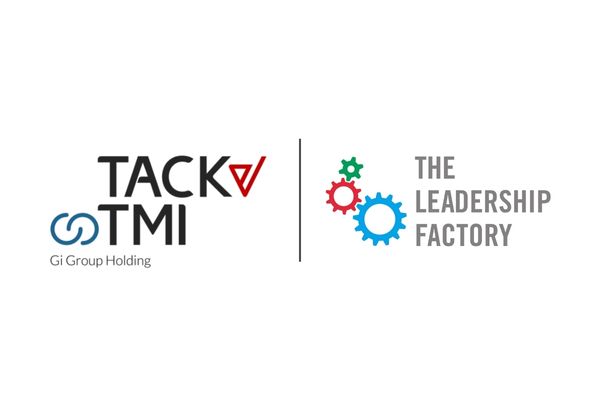The HR Director: Learning and Development for a new era
According to a recent CIPD study, 66 percent of employees surveyed do not understand why they are engaging in learning and development. This is a shockingly high figure considering the money invested in learning and development and the skills shortage many organisations are facing. If the majority of employees do not see why they need to learn, as HR professionals, we have a serious problem on our hands. So, what is going wrong and why are employees losing their interest in learning?
We need to understand the challenges employees face. A recent survey by Microsoft revealed that 39 percent of employees feel exhausted, 54 percent feel overworked and 46 percent feel less connected to their companies. With the additional challenges brought about by the pandemic over the last two years, it is easy to see how employees may feel so overwhelmed by their everyday roles. They have little bandwidth to even consider their development, let alone take the time out to review the learning on offer and take part in it.
Knowledge is ubiquitous these days, employees can learn quickly and more easily than ever before. It could be argued that much of the traditional learning and development training that was typically delivered could now be found online for free, which means the perceived value of corporate learning has decreased. In the industrial era, people would stay in an unfulfilling role – often for life – content with the pension and gold watch. But now, with one-in-four workers now planning a job change and as the ‘Great Resignation’ plays out, employees we used to know are not the ones we see now. They are more mobile, wield more economic power – they can afford to leave jobs – and they want more than just remuneration. Yet we know from the work of psychologists like, Susan Fowler and Dan Pink, that people need that sense of mastery in their work and they need to feel like they are increasing their capability.
First published in theHRDIRECTOR magazine, Issue 211, May 22. Reproduced with permission.
News & Insights

Giving Forward: The Scottish Palliative Care Association Complete Nationwide Women in Leadership Programme
The Scottish Palliative Care Association is working with The Leadership Factory – a Tack TMI company, to run a nationwide women in leadership development programme as part of its annual Giving Forward CSR initiative.
Read more >

